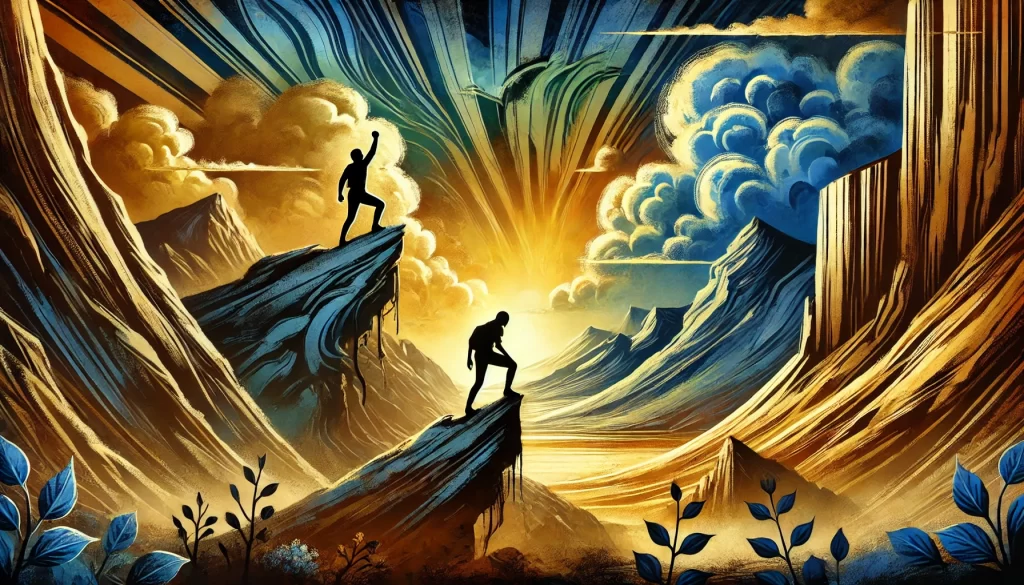
“You don’t know how strong you are until being strong is the only choice you have.”
-Bob Marley
Bob Marley’s words resonate deeply with me because they reveal a universal truth about human resilience. Strength is often invisible, unacknowledged and untested, until life demands its presence. Adversity has a way of catching us unprepared, yet it is in these moments of upheaval that we discover a fortitude we didn’t realize was there all along. Strength, it turns out, isn’t something we consciously acquire; it’s something revealed when we’re forced to act. It emerges not from the absence of choice, but from the realization that choice itself is a luxury. When there is no easy path, when the only way out is through, we stop looking for escapes and start leaning into our capacity to endure and overcome.
Consider this: you rarely measure your courage until faced with fear, your adaptability until change becomes unavoidable, or your patience until circumstances push you beyond reason. This is not a story of heroics but of survival, of the quiet, often uncelebrated ability to keep going when everything in you wants to stop. Strength doesn’t always look like triumph. Sometimes it looks like showing up, day after day, despite every instinct telling you otherwise.
Most of us are stronger than we think, but we only learn this through experience. The challenges we dread, the ones we wish would never come, are often the very ones that teach us what we’re capable of enduring and achieving. This doesn’t mean we should romanticize struggle – pain is real, loss is hard, and challenges can feel insurmountable. But within the crucible of difficulty, there’s often an alchemy at work, turning fear into resolve, failure into learning, and weakness into earned strength.
Marley’s quote is powerful because it reframes the absence of choice as a crucible for growth. Strength emerges not because we wanted it to, but because it had to. When there is no easy path, when the only way out is through, we stop searching for escapes and start leaning into our capacity to endure.
This discovery of strength isn’t just personal; it carries lessons for leadership, life, and growth. It dismantles the myth that resilience is innate. Strength, much like a muscle, is developed through use. It is a product of intention, practice, and perspective – a habit of perseverance cultivated over time. Leaders who embrace this understand that their teams, too, will discover their greatest potential not through ease, but through challenges approached with clarity and support.
In both personal and organizational growth, the principle is the same: success doesn’t come from avoiding difficulty but from engaging with it meaningfully. This is why setbacks, reframed as opportunities, become transformative. Not because they aren’t painful, which they are, but because they compel us to stretch beyond what we thought possible.
Yet, strength isn’t just about pushing through. Sometimes, the strongest thing you can do is pull back, ask for help, or pause. There’s a profound humility in acknowledging limits, and paradoxically, that humility often unlocks greater resilience.
The takeaway is clear: don’t wait for life to test you before cultivating your strength. Build the habits of resilience now – curiosity, adaptability, discipline, and reflection – so that when inevitable challenges arise, you meet them prepared. Surround yourself with people who push you to grow but hold you steady when the ground shifts. And above all, trust that even when strength feels far away, it is often closer than you think, waiting to be revealed.
Life shapes us, whether we like it or not. The choice we do have is how we engage with that process – whether we resist it or lean into it, whether we allow ourselves to break or choose, again and again, to grow stronger. The strength you don’t know you have? It’s already there. You just need to meet it.